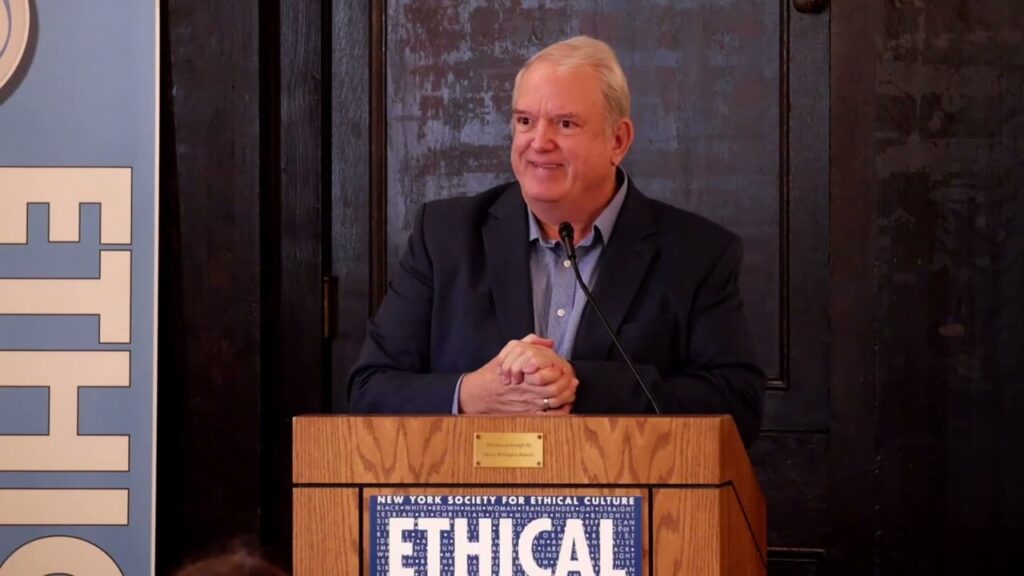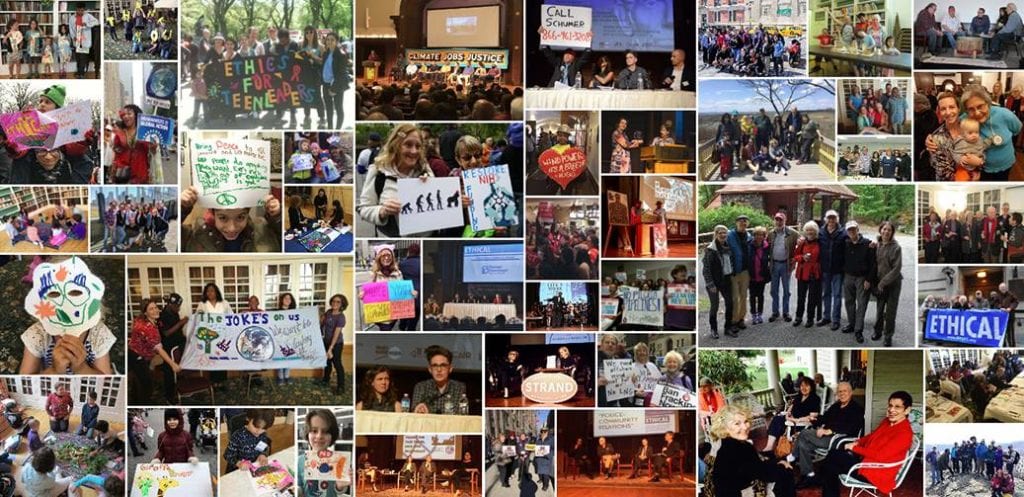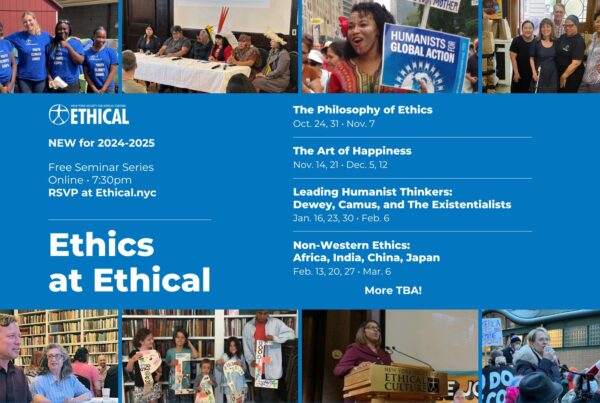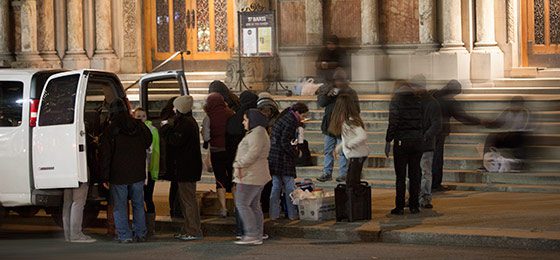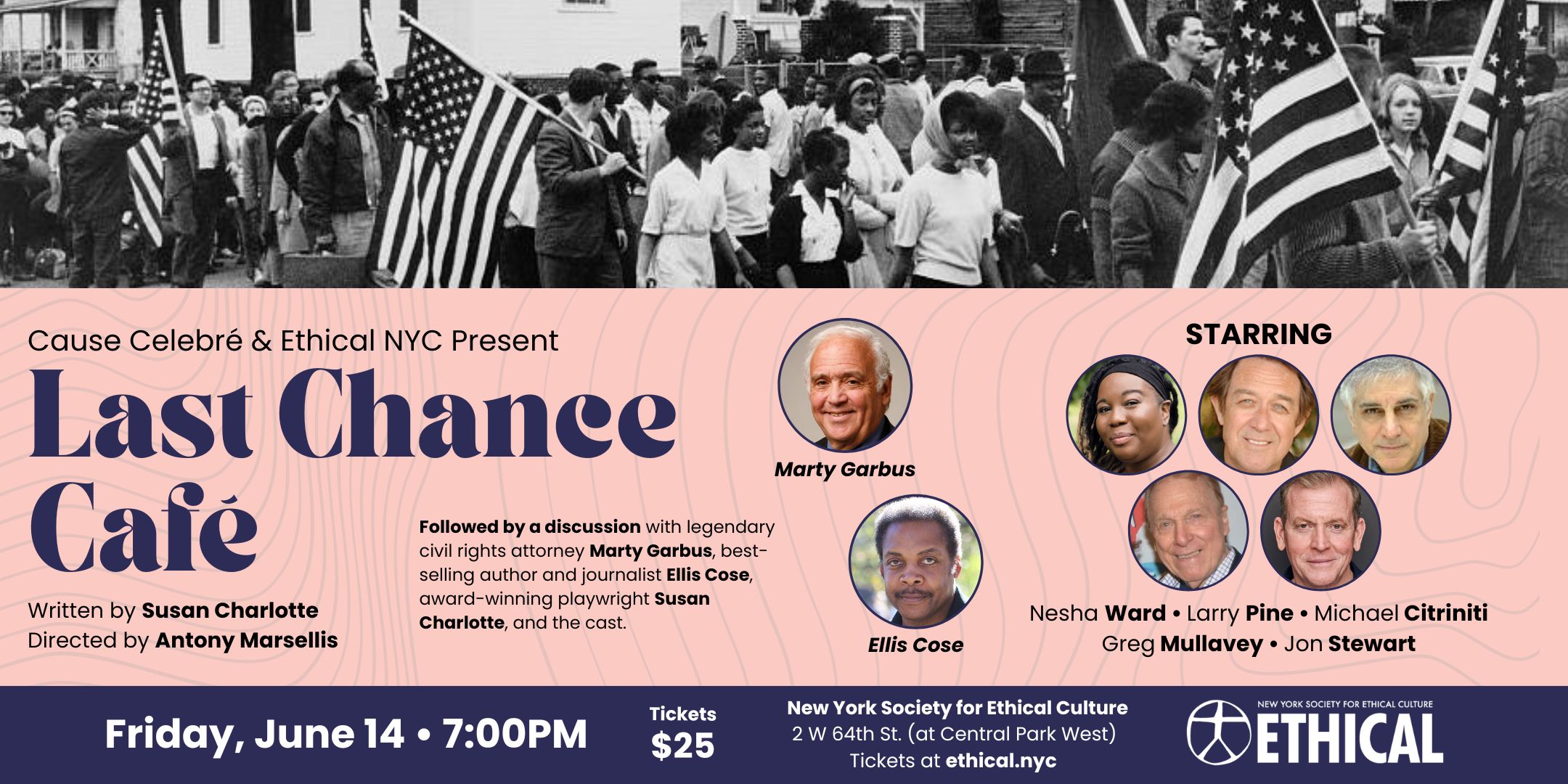
Join Cause Celebre Productions for a performance of Last Chance Café, part of Cause Celebre’s series exploring seven controversial cases of legendary attorney Marty Garbus, described by The Guardian as “one of the world’s finest trial lawyers.”
Don’t miss this incredible evening of drama, live music, and the prophetic words of Bob Dylan. The show will be followed by a discussion with legendary lawyer Martin Garbus, best-selling author, journalist and social commentator Ellis Cose, award-winning playwright Susan Charlotte, and the cast.
Written by Susan Charlotte and directed by Antony Marsellis, the cast includes Nesha Ward, Larry Pine, Michael Citriniti, Greg Mullavey (“Mary Hartman, Mary Hartman”), and Jon Stewart.
Tickets
$25 – Purchase Tickets on Eventbrite Here
About Last Chance Café
“Somebody better investigate soon.” Lyrics from a haunting song provide a Greek chorus throughout this deeply compelling play about voter suppression in the Jim Crow South. The time: the 1960’s. The place: Mississippi. The song: “Oxford Town”, by a young Bob Dylan.
The song was written about James Meredith, in 1962 the first Black person admitted to the University of Mississippi. Racist riots erupted, and as Dylan wrote, “Two men died ‘neath the Mississippi moon.” But, as Dylan said, “This could have happened any time.” And it did, even as Jim Crow was falling.
In 1965 the American Civil Liberties Union sent a young lawyer, Marty Garbus, to Mississippi to represent Henrietta Wright, a Black woman in her 30s who was arrested in front of the Last Chance Café, a small store she owned with her husband. The reason, Wright was told by the white officers holding shotguns, was a traffic violation: driving through a stop sign.
The real reason: with the Voting Rights Act merely twenty days old, Mrs. Wright had just registered to vote.
This fabricated traffic violation led to a stunning violation of a Black woman’s civil rights: Wright was assaulted, committed to a state mental hospital based on the lies of two complicit doctors, and then imprisoned. Immediately after her release, Wright had the courage to file a complaint with the ACLU and bring a federal lawsuit against the two police officers and two doctors. As Garbus landed in Mississippi, he thought of James Meredith, with Dylan’s lyrics reverberating in his mind: “Somebody better investigate soon.”
Garbus warned Wright that her chances of winning her case were next to nothing, but they agreed she could still make a defiant stand against white supremacy and for voting rights—and that’s exactly what she did. As Garbus said after, “The ominous Mississippi night which had so often harbored black men, hanging from their necks, the burning Cross, the vicious beating, had lost some of its threat for Mr. and Mrs. Wright.”
Sixty years later, with racism still rampant and the right to vote still under attack, this play could not be more relevant.


